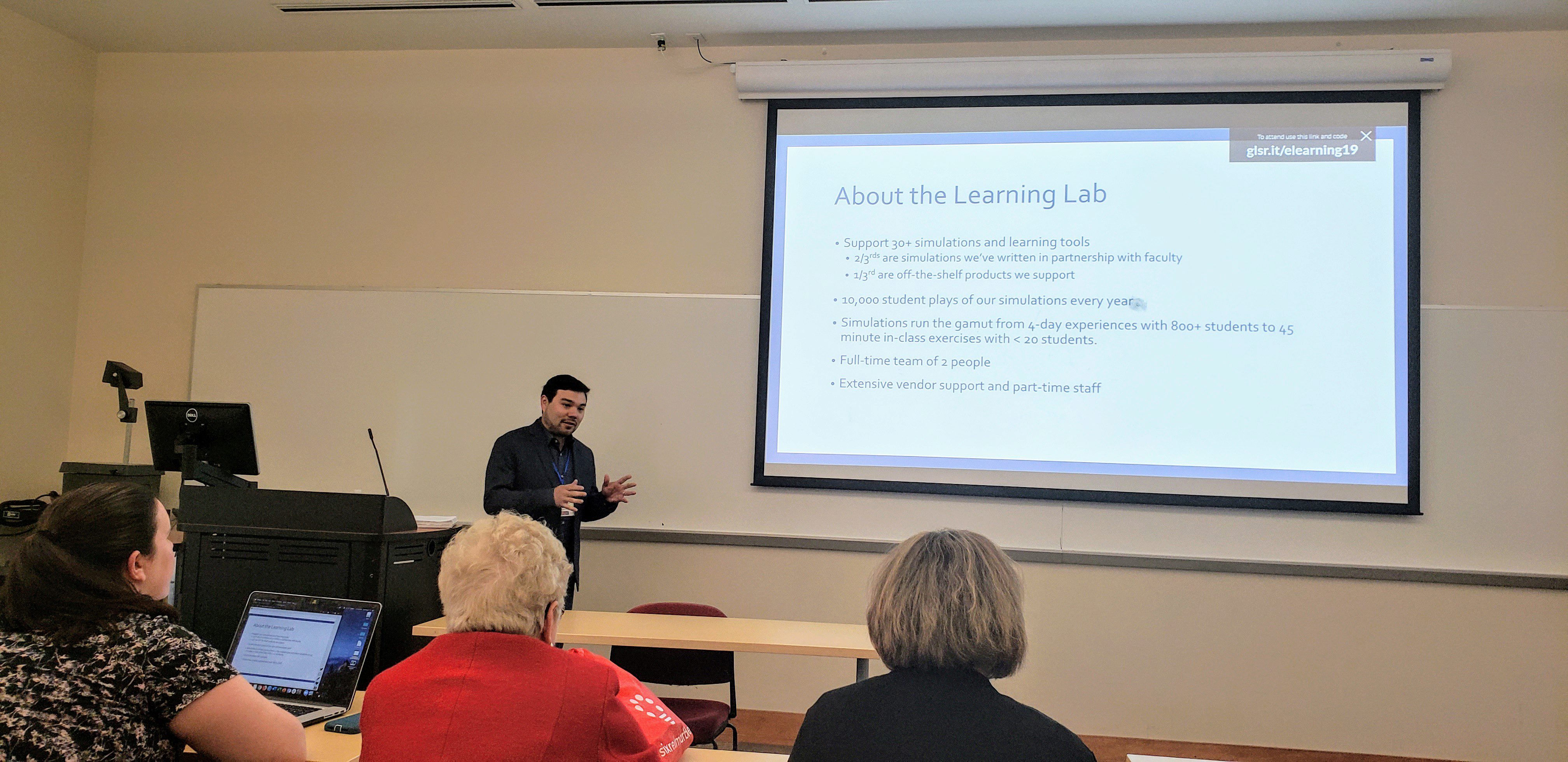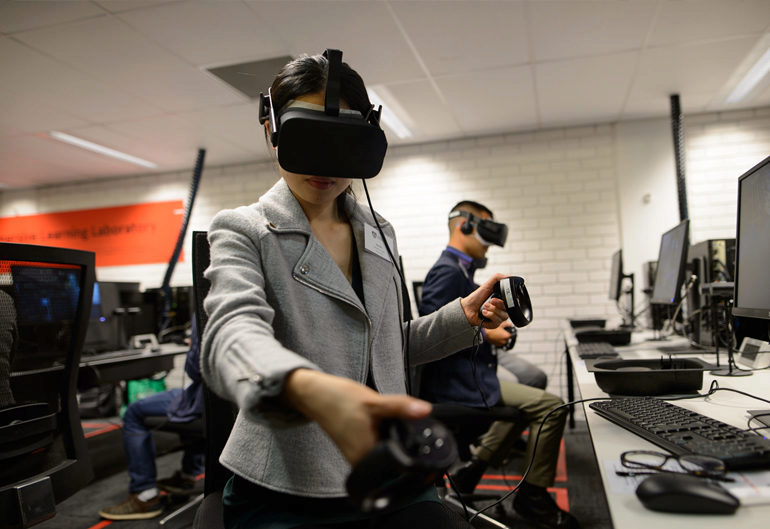
When the COVID-19 crisis forced all Wharton courses and classes online in March, many faculty members were caught off-guard and scrambled to adapt their in-person lectures and labs for distance learning. Naturally, the Learning Lab saw an opportunity to help. Our team immediately got to work identifying universally applicable business…Read More









